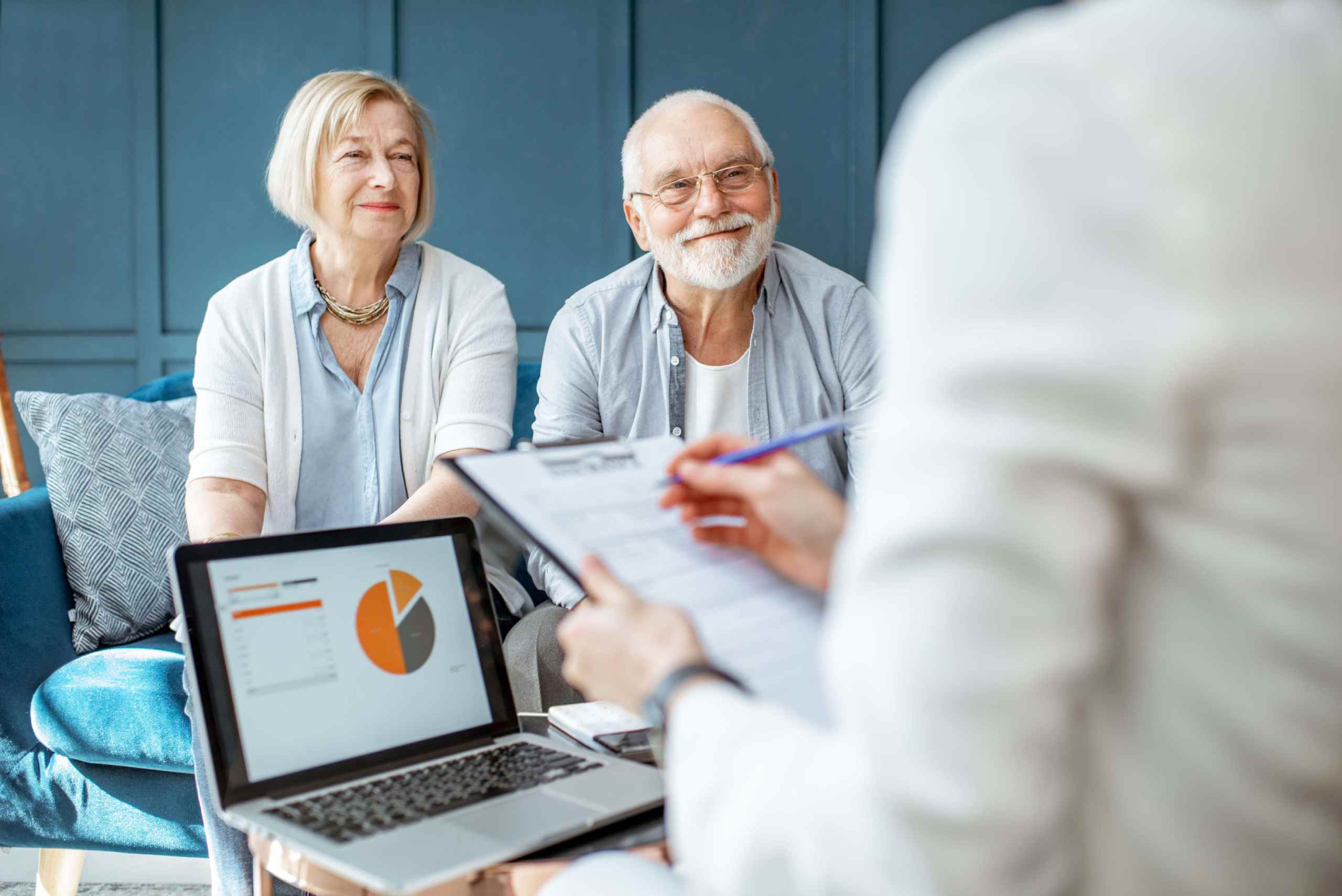The last thing you want in a courtroom is to be caught off guard by legal jargon and rules you weren’t aware of. That kind of confusion is sure to cost you your case. Whether you’ve been charged with a criminal offense, are filing a benefits claim, or plan to take a small case to civil court, you’re going to want a lawyer.
But lawyers are expensive! In some states, the average hourly rate for a lawyer is over $300. The cost of a lawyer is in tandem with their strong expertise and years of study, training, and experience. A pro bono lawyer can help you avoid those legal fees if you cannot afford them on your own.
Keep reading to find out if you’re in circumstances that qualify you for free legal advice and pro bono programs!
Entitlement to an Attorney
If you have been charged with a crime, or in other words are involved in a criminal case that could lead to prison time, you are entitled to a free lawyer. The U.S. Constitution guarantees free legal aid if you can prove that you are “indigent”.
At your first court appearance, you can make a request for a court-appointed lawyer. You will have to provide evidence that you cannot afford one on your own, and then the court will provide either a public defender or a private lawyer paid with state funds.
Don’t worry that your lawyer will secretly be on another side just because they were court-appointed. As soon as that lawyer is assigned to you it becomes their duty to help and serve you.
Pro Bono Lawyer
If you find yourself in a civil case (in other words non-criminal) you’ll still want a lawyer to give you the best chances of winning your case. You may not have the Constitutional right to a free lawyer in this case, but there are still avenues to receive a free lawyer.
Pro Bono programs aid those who are significantly below the federal poverty line in legal cases. Some other pro bono programs are specifically geared towards helping at-risk individuals such as the elderly, victims of domestic abuse, veterans, minors, and the disabled.
Their funds can come from the state or federal government, local organizations, and sometimes even private donors.
Just because their free doesn’t mean their lawyers are any less competent. Some lawyers, like Joshua Eyestone, have made it their solemn duty to specialize in legal aid for underprivileged individuals. They are particularly skilled and knowledgeable in areas that typically affect people experiencing poverty.
Pro Bono Clinics
If a lawyer can’t take on your entire case pro bono, you can still get free legal advice through a pro bono clinic. Experienced lawyers will volunteer some of their time to these clinics to answer questions via email, walk-ins, and hotlines. Try contacting your local bar association for more information.
Free Legal Aid
Either through a pro bono lawyer or the U.S. Constitution itself, there are ways for you to access legal aid in your time of need. Don’t settle for managing your own court case when there are options available to you.
If you found this article informative check out more of our articles for legal advice and knowledge.




